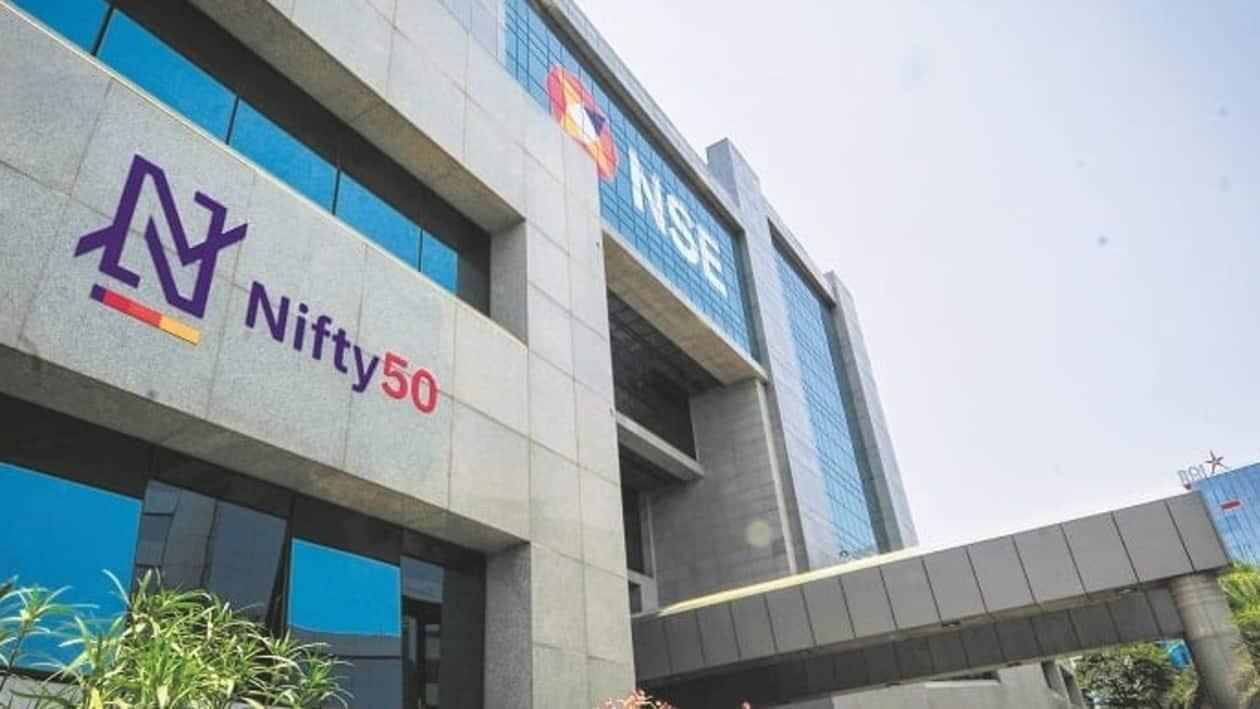(Reuters) - The Indian equity markets could revert towards a long-term trend of returning 10%-15% on average in rupee terms next year, Samir Arora, founder and fund manager at Helios Capital, told Reuters on Monday.
“Our view is that the U.S. market will bottom out in the next three-four months as most of the risks around inflation and interest rates would be factored in,” Arora said in an interview.
Once that happens, the overhang on Indian markets will reduce and we could see absolute returns as well.
"So far, India's outperformance has been relative, but we should see a move back to the historical average of 10-15% returns," Arora said.
The benchmark S&P NSE Nifty is up about 6.5% so far this year, compared to a 6% decline in the Dow Jones Industrial Average.
In dollar terms, however, the Indian markets are negative so far this year, since the rupee has declined about 11% against the U.S. dollar in the same period.
Much of India's outperformance in 2022 has been on account of domestic money since foreign investors have withdrawn a net of $17 billion so far from the local markets.
This could reverse next year, believes Arora.
The general tendency of foreign investors, he said, is to buy India and very rarely have we seen two consecutive years where they have remained sellers.
Helios Capital remains the most positive on banks and consumer companies that cater to lower-ticket spending.
"We prefer to play the economic cycle through banks because they will go in whichever direction the economy goes and we don't have to take a call on that," Arora said.
The clean-up in banks' balance sheets over the last few years also aids the confidence in lenders, he added.
While not betting on a large capex cycle in the Indian economy, Arora said the fund has bought into defence companies, where there seems to be a government push.
They are, however, staying away from most traditional infrastructure companies where the government is the direct customer, he said.
"For the first time in our history, we have zero allocation in IT," said Arora.
The slowdown in the global economy will have a significant bearing on their business, leading to earnings disappointments, he said.
